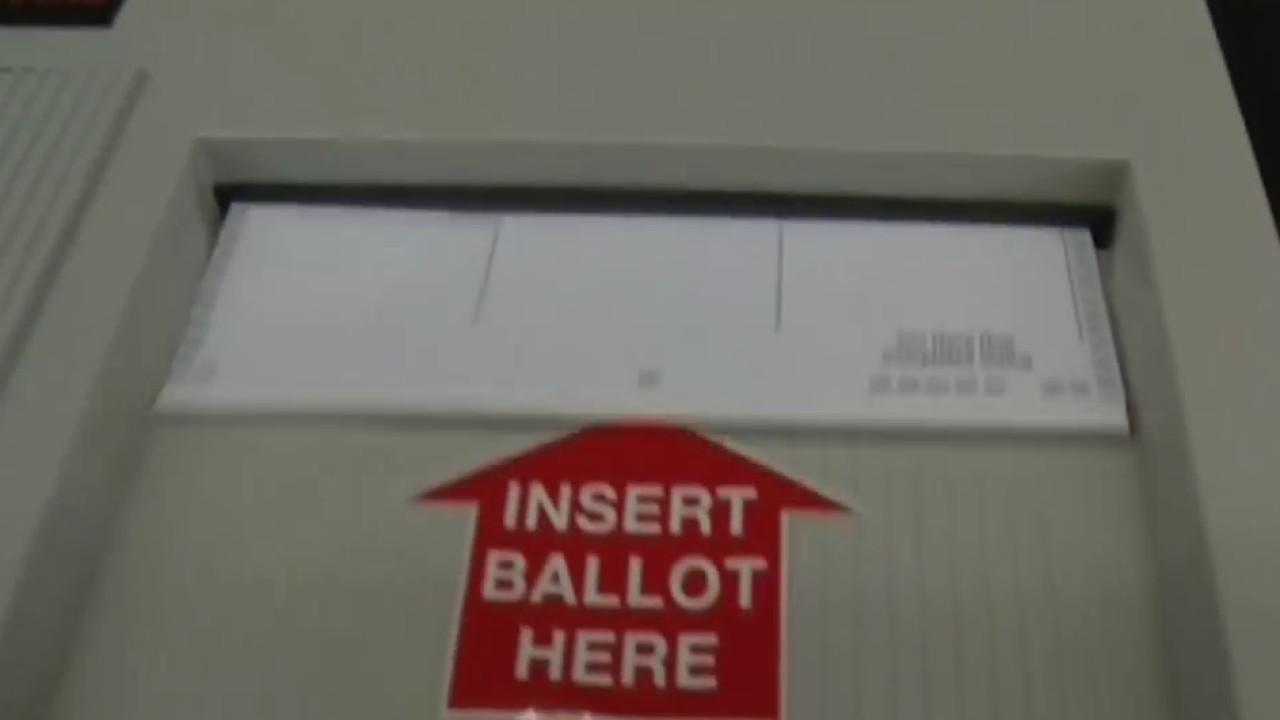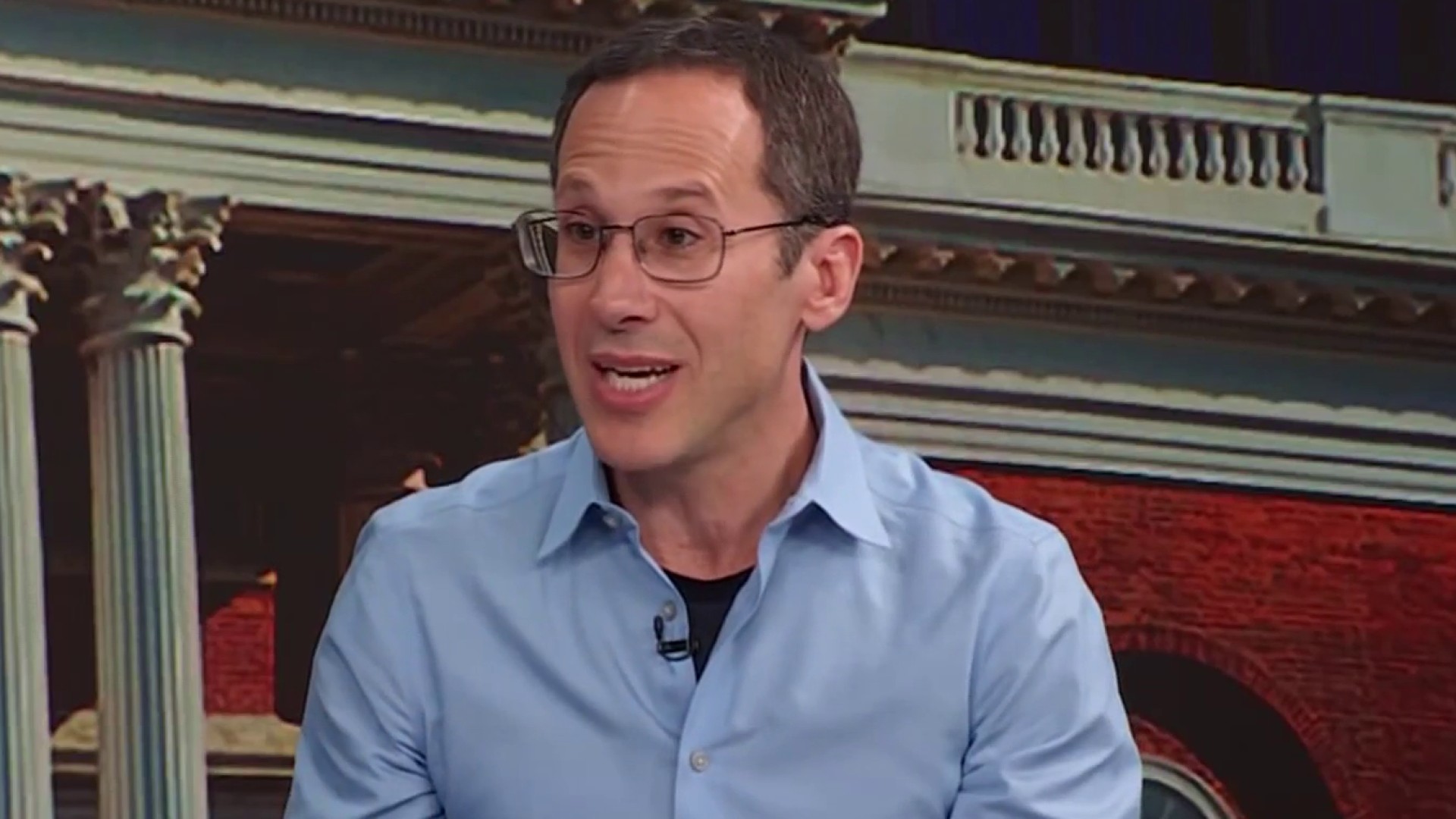
Bay Staters grappling with serious mental health conditions, such as post-traumatic stress disorder, could gain access to a new treatment option should voters approve a controversial ballot question to decriminalize some psychedelic substances, state and local elected officials emphasized Tuesday.
Gathered in front of the State House, Sen. Adam Gomez and Reps. Samantha Montaño and Lindsay Sabadosa joined municipal leaders to tout the alleged health benefits of psychedelic-assisted therapy, which they said can fill a void after patients fail to find relief through conventional medications and treatments.
Question 4 on the Nov. 5 ballot would legalize certain types and small quantities of psychedelic substances, including psilocybin and psilocin in mushrooms.
"Question 4 is about opening up access, and it's about opening up access to an option for mental health treatment that research has shown to be powerful and can be taken safely," Gomez said.
The Springfield Democrat added, "Massachusetts has an opportunity to provide access for those who aren't helped by the current options. This applies to those under hospice care, veterans with PTSD, our neighbors and loved ones whose daily lives are impacted by mental health challenges."
Unlike the current situation in the recreational marijuana industry, the ballot question does not allow for retail sales of psychedelics.
Elected officials, who did not take questions during the "press conference" Tuesday morning, largely sidestepped discussing how the measure allows people to cultivate psychedelics at home and to give away small amounts to individuals ages 21 and older.
If the question wins approval from voters next month, people ages 21 and older would be permitted to grow, possess and use psychedelics. Bay Staters could grow the substances at home, in a 12-foot by 12-foot area, and consume them at home.
The measure also creates a pathway to license and regulate facilities where people can buy the substances and be supervised while using them. Under the measure, two new governing authorities would be created to implement the proposed law.




